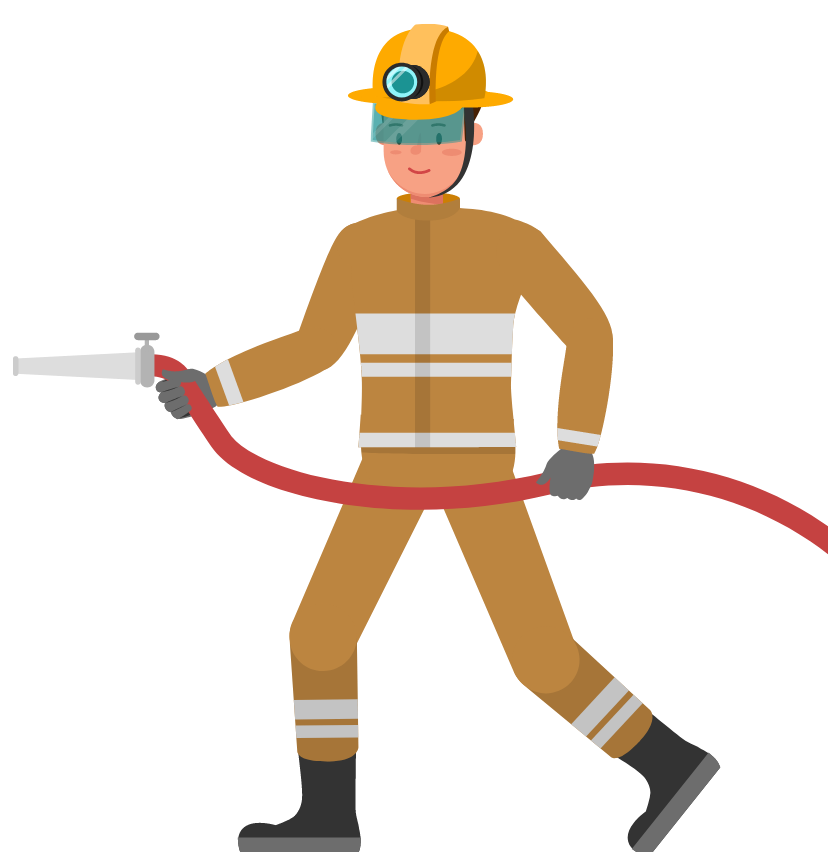Are you a public sector worker looking for a mortgage? Whether you’re a police officer or a school teacher, an ambulance driver or a soldier, you are playing a crucial role in our society and you deserve a good rate on your mortgage. Not sure whether a fixed rate or variable mortgage is most suitable for you? Let’s get into it.
What is a variable rate mortgage?
A variable rate mortgage is where your interest rate and monthly payments can go up or down - i.e. they can vary. There are three types of variable mortgage that you may be offered.
Discount rate mortgage
A discounted rate mortgage offers a discount from the standard variable rate (SVR) for a set period of time - usually a few years. Your discount mortgage rate will be tracking your lender's standard variable rate but with an applied discount, so if the standard rate is 6% and the discount is 2% then you will be paying 4%.
Once your discount ends, you’ll be moved onto an SVR unless you remortgage. The discount rate is often lower than a fixed rate, but if your lender increases their SVR then your payments will also go up. Public sector workers can often get special discount rates. If you are getting a mortgage with someone else who is not in the public sector, double check to make sure if you still qualify.
Check out the key worker mortgage scheme which provides financial assistance to those in public service roles. It can also cover up to 95% of the property so you don’t need a huge deposit.
Standard variable rate (SVR) mortgage
This is the rate you’ll be moved onto once your discount rate ends. The lender decides when the rate moves up or down and it’s typically more expensive than other options unless you remortgage onto a different deal.
Tracker rate mortgage
A tracker interest rate tracks the movement of an external interest rate (usually the Bank of England) plus or minus a set margin, so your payments will usually go up the month after the external interest rate increases. When the base rate rises, your monthly payments will also rise and when they fall your payments will reduce. Some tracker rate mortgages will have a floor that rates won’t go below.
What is a fixed rate mortgage?
A fixed rate mortgage is a loan where the interest rate remains the same (so it is fixed) for a set amount of time. This means you’ll know exactly what you’re paying each month and your price will remain the same regardless of interest rate fluctuations. This is a good choice for people who are concerned about meeting their payments if interest rates rise. It’s important to note, however, that your rate won’t fall like it could with a variable rate mortgage.
Looking for mortgage advice specifically designed for public sector workers? Call our team of advisers on 03454504660 to explore your options.









